AARP Hearing Center

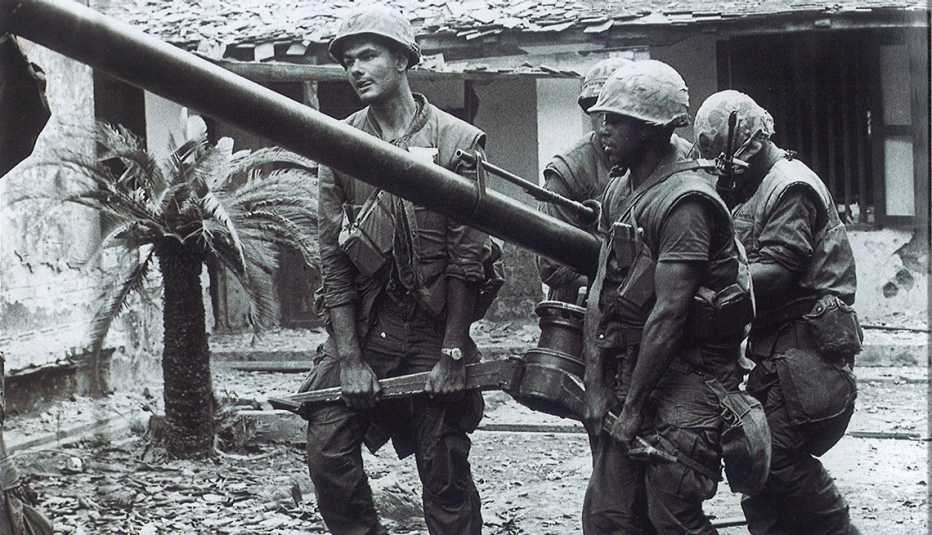
The Vietnam War helped shape a generation of Americans, none more so than the 2.7 million who served in Southeast Asia. In honor of National Vietnam War Veterans Day on March 29 (signed into law by then President Donald J. Trump in 2017), AARP spoke with six veterans of the war about their most vivid memories and what they want Americans today to know or remember.
Len Kirchner, M.D., 85, of Litchfield Park, Ariz.
Kirchner entered the Air Force in 1961, at age 25. He served in Southeast Asia as a physician and in combat missions from 1965 to 1971.

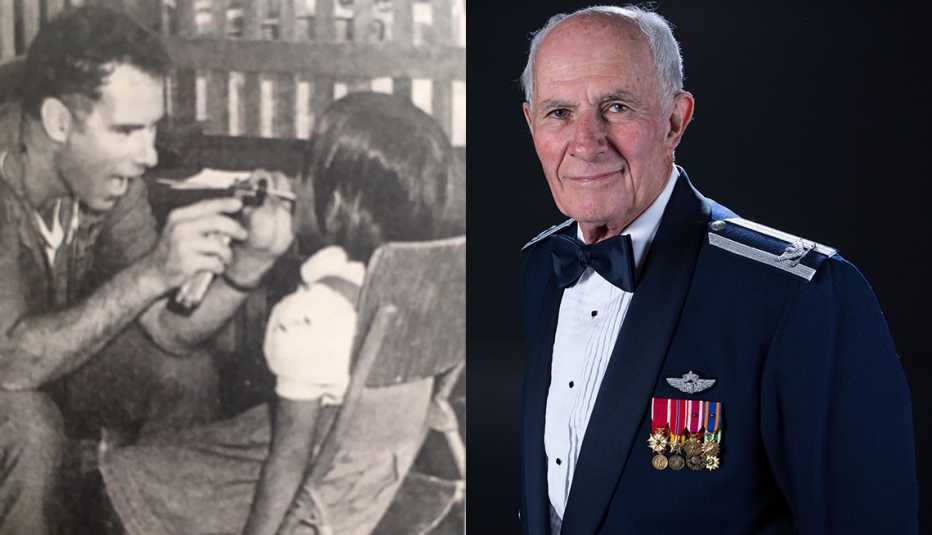
Most vivid memory: his first time landing in Vietnam, after being stationed in Tokyo
“We had flown a 10-hour reconnaissance mission from Okinawa, along the coast of China, then into the Gulf of Tonkin, and did reconnaissance between Haiphong and Hainan Island, which was Chinese. When we landed at 2 in the morning, we got out of that airplane — and understand, this is my first trip to Vietnam. It’s hot and it’s sticky. The Marines are on Monkey Mountain, artillery is firing out into the jungle, there are flare ships dropping flares. I got a sidearm and bandolier ammunition. And to be frank, when I think back, I think, How did I get into this John Wayne movie, anyway?”
What Americans should know: Wandering into war doesn’t always end well.
“I think the most important thing is that going to war is such an important decision made by our political leaders. And when you think back during my lifetime, World War II, clearly the Japanese attack on Honolulu precipitated that. The second nation conflict was Korea, and Harry Truman made a decision to stop the aggression from the North into the South. Vietnam, that was something that we just kind of wandered into over a period of years. So going to war, I think, is one of those critical things that a president and Congress does. And we haven’t done a decent job, since World War II and Korea, in debating and articulating what the mission was and what our goal was and what our strategy was.”
Keith Harman, 74, of Delphos, Ohio
Harman was drafted in 1967 and served in Vietnam in 1969, as a crew chief and door gunner on a “Huey” helicopter for the Army. He was the Veterans of Foreign Wars national commander from 2017 to 2018.

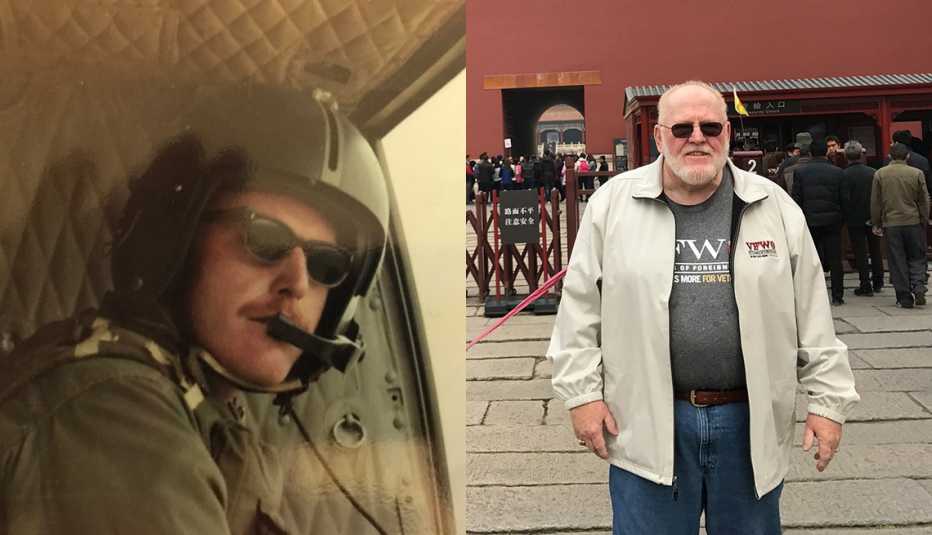
Most vivid memory: being caught under fire in his helicopter on his first mission
“I remember my maintenance sergeant trying to talk me out of becoming a crew chief, but I wasn’t listening. On my first assault mission, my aircraft was badly shot up, but we didn’t go down. The first thought that came to mind was, Maybe I should have listened to my maintenance sergeant. I had a good guardian angel and continued to fly for the remainder of my tour.”
What Americans should know: Servicemen did what was asked and looked after one another.
“When you serve in the military, you are taught discipline. The company that I served with was told that we were going to Vietnam, so off we went. We did what was asked of us, and we looked after those that we served with. I have been back to Vietnam, and it is altogether different from when I left 49 years ago.”



































































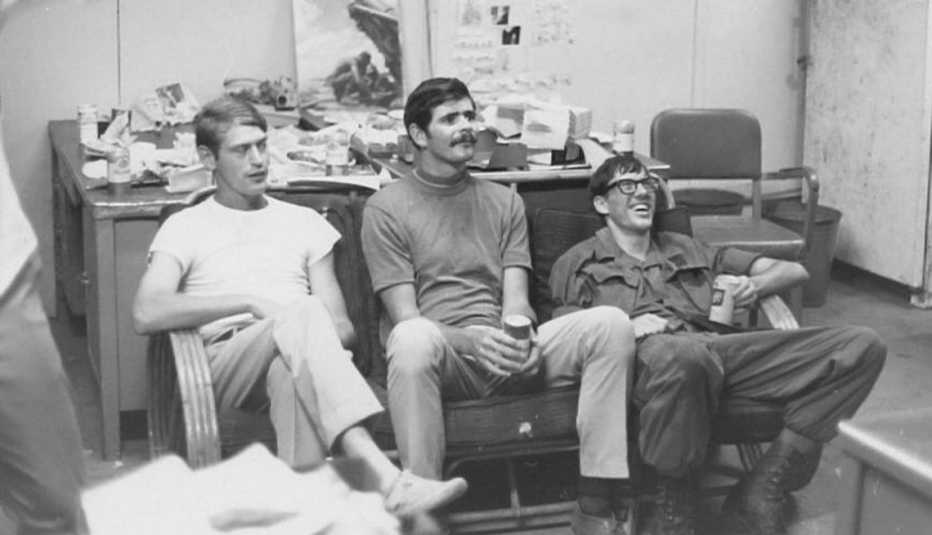
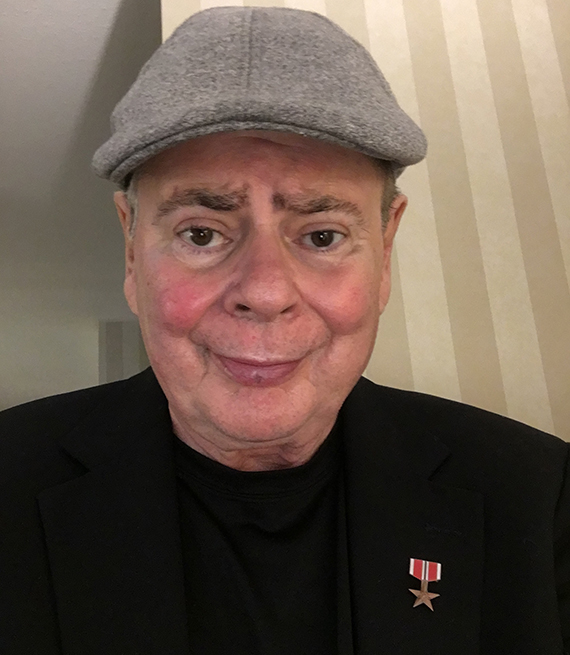
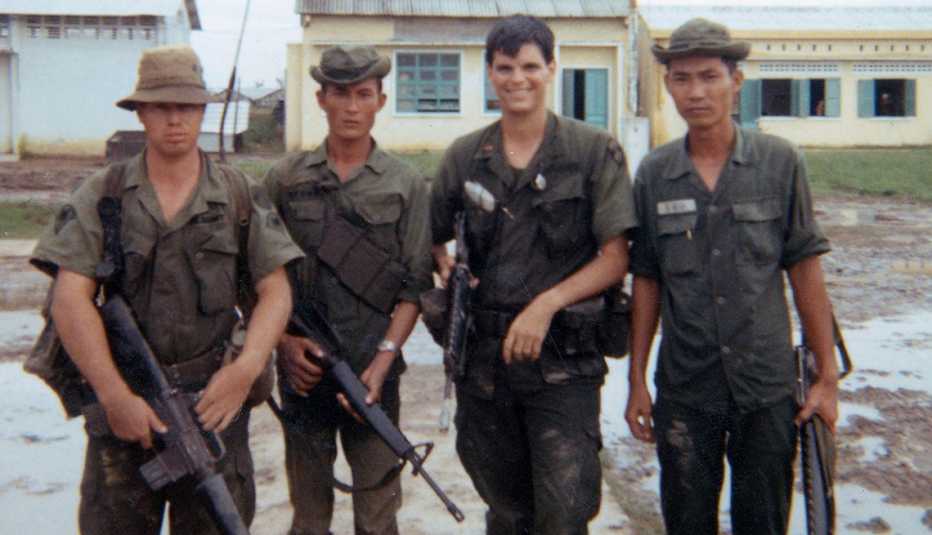
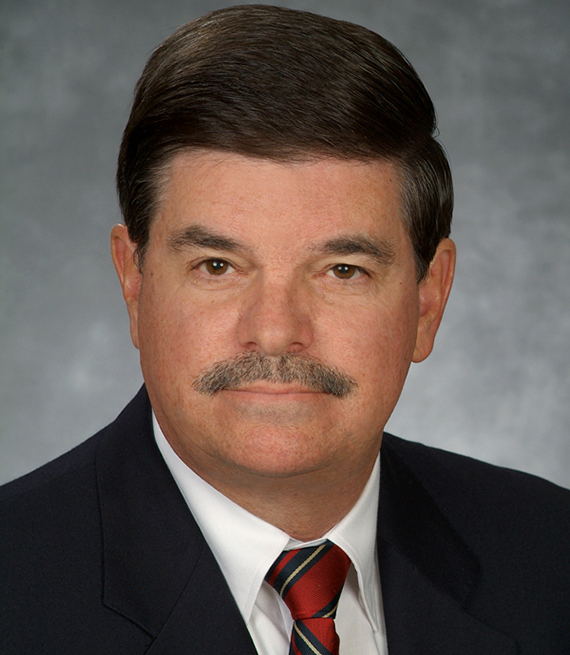
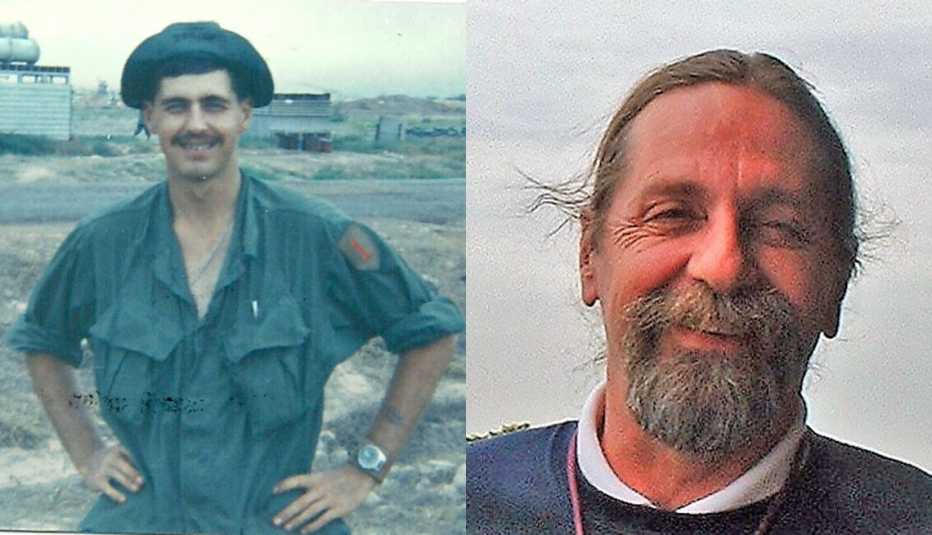
More on Vietnam Veterans
Many Vietnam Vets Don’t Know They Now Qualify for Agent Orange Benefits
Expanded list of diseases linked to the herbicide means more veterans and their survivors qualifyResource and Tools for Veterans and Military